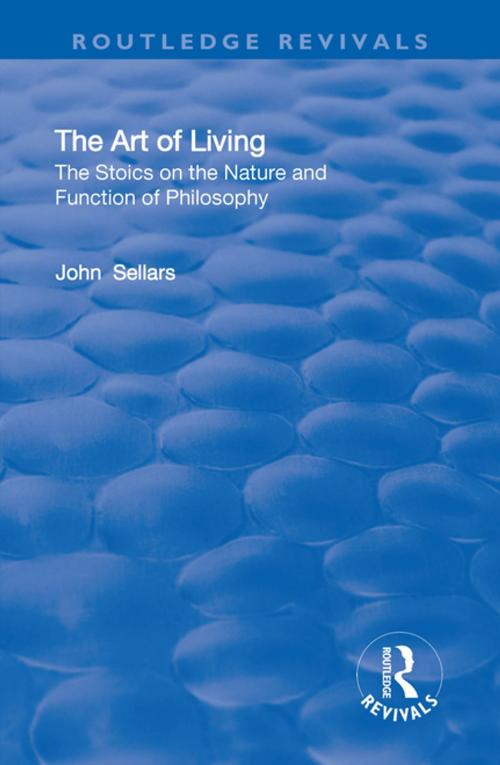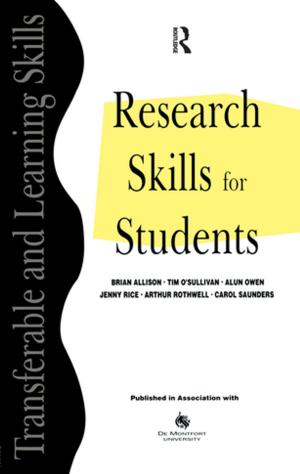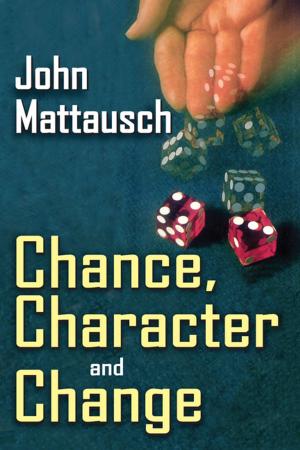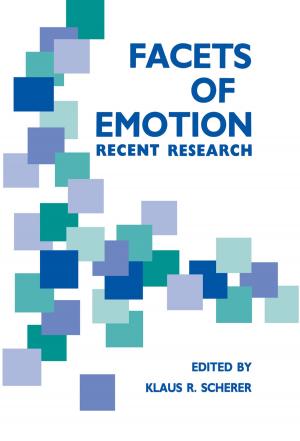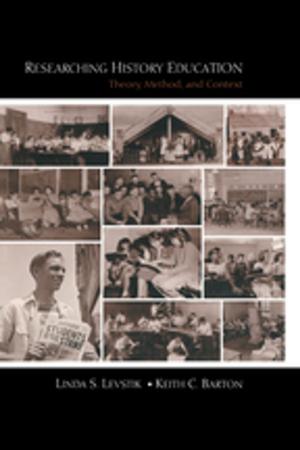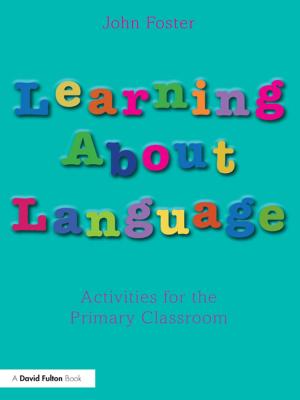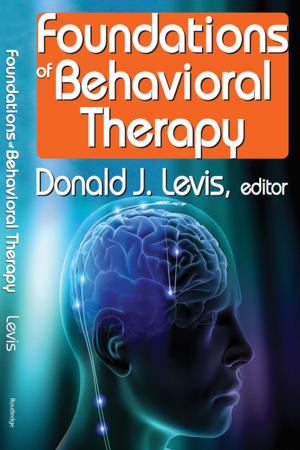The Art of Living
The Stoics on the Nature and Function of Philosophy
Nonfiction, Religion & Spirituality, Philosophy| Author: | John Sellars | ISBN: | 9781351772747 |
| Publisher: | Taylor and Francis | Publication: | January 18, 2018 |
| Imprint: | Routledge | Language: | English |
| Author: | John Sellars |
| ISBN: | 9781351772747 |
| Publisher: | Taylor and Francis |
| Publication: | January 18, 2018 |
| Imprint: | Routledge |
| Language: | English |
This title was first published in 2003. Presenting philosophy as an art concerned with one’s way of life, Sellars draws on Socratic and Stoic philosophical resources and argues for the ancient claim that philosophy is primarily expressed in one’s behaviour. The book considers the relationship between philosophy and biography, and the bearing that this relationship has on debates concerning the nature and function of philosophy. Questioning the premise that philosophy can only be conceived as a rational discourse, Sellars presents it instead as an art (techne) that combines both ’logos’ (rational discourse) and ’askesis’ (training), and suggests that this will make it possible to understand better the relationship between philosophy and biography. The first part of this book outlines the Socratic conception of philosophy as an art and the Stoic development of this idea into an art of living, as well as considering some of the ancient objections to the Stoic conception. Part Two goes on to examine the relationship between philosophical discourse and exercises in Stoic philosophy. Taking the literary form of such exercises as central, the author analyses two texts devoted to philosophical exercises by Epictetus and Marcus Aurelius.
This title was first published in 2003. Presenting philosophy as an art concerned with one’s way of life, Sellars draws on Socratic and Stoic philosophical resources and argues for the ancient claim that philosophy is primarily expressed in one’s behaviour. The book considers the relationship between philosophy and biography, and the bearing that this relationship has on debates concerning the nature and function of philosophy. Questioning the premise that philosophy can only be conceived as a rational discourse, Sellars presents it instead as an art (techne) that combines both ’logos’ (rational discourse) and ’askesis’ (training), and suggests that this will make it possible to understand better the relationship between philosophy and biography. The first part of this book outlines the Socratic conception of philosophy as an art and the Stoic development of this idea into an art of living, as well as considering some of the ancient objections to the Stoic conception. Part Two goes on to examine the relationship between philosophical discourse and exercises in Stoic philosophy. Taking the literary form of such exercises as central, the author analyses two texts devoted to philosophical exercises by Epictetus and Marcus Aurelius.
